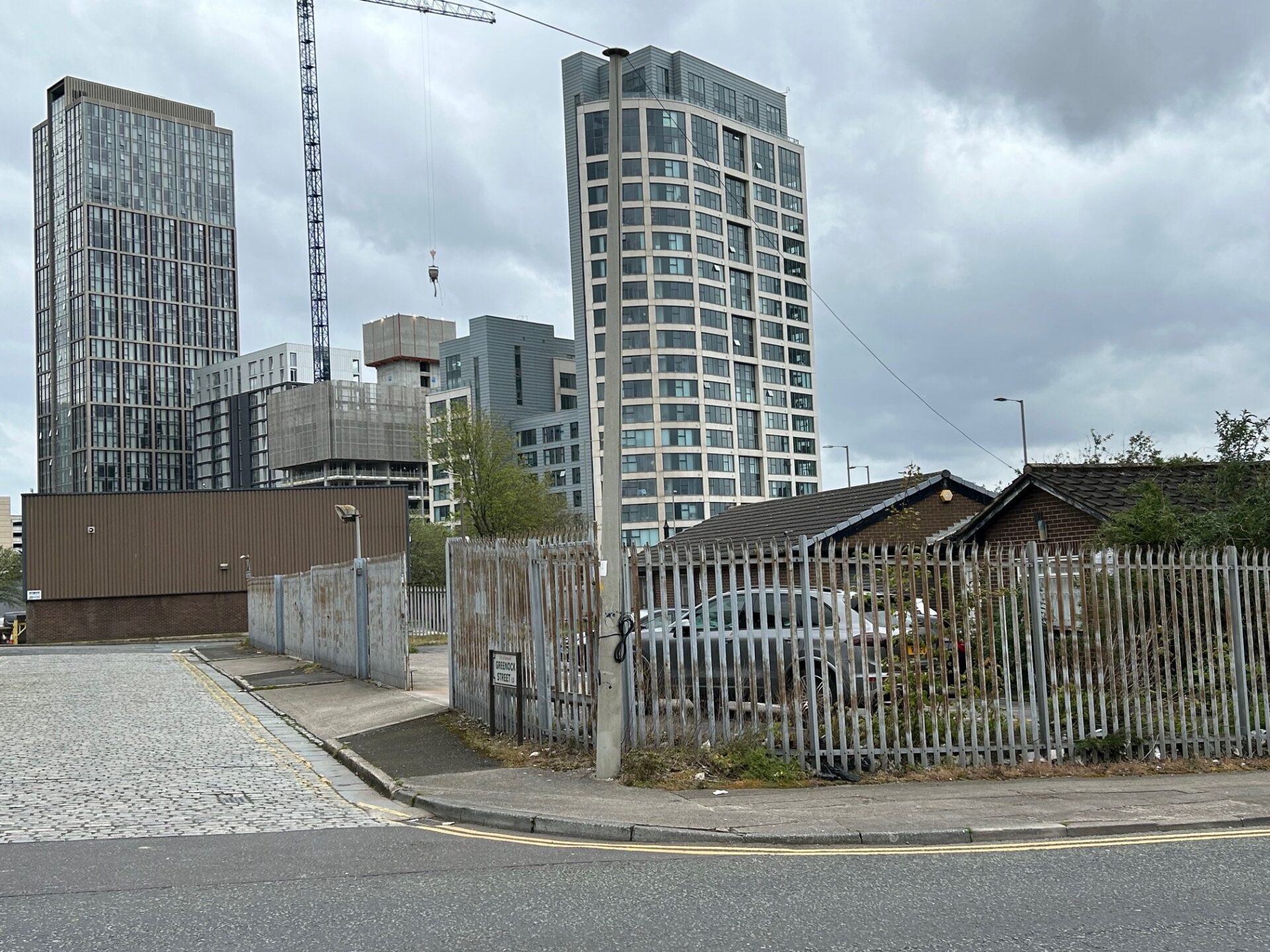Care home must pay £40,000 for Legionaires’ risk
The operator of a Merseyside care home which put residents at risk of a deadly form of pneumonia has been ordered to pay £40,000 in fines and costs.
Mother Redcaps Care Home, Wallasey, was prosecuted by the Health and Safety Executive after it failed to comply with an improvement notice to assess the risk from the legionella bacteria.
Liverpool Crown Court was told the care home did not have a system in place for managing its hot and cold water.
It was first served with an improvement notice requiring a risk assessment in November 2011, following a visit from a HSE inspector.
The company was given two extensions to a deadline to comply with the notice. However, it had still failed to carry out a suitable and sufficient risk assessment by May 2012, despite being offered help and guidance on what was required.
Without proper controls legionella bacteria can build up in water systems where the temperature is between 20 and 45 degrees Celsius, creating the risk that small droplets containing the bacteria could be breathed when water becomes airborne, such as in showers.
The court heard that up to 50 residents, as well as the nursing home's employees, could have been put at risk of contracting Legionnaires' disease if the bacteria had been present.
Mother Redcaps Care Home, which is operated from Greenside Gardens, Leyland, was fined £6,525 and ordered to pay £33,475 in costs after pleading guilty to a breach of the Health and Safety at Work etc Act 1974.
Speaking after the hearing, HSE Inspector Phil Redman said: "While there is no evidence that residents or members of staff were exposed to legionella bacteria, there was a clear and inexcusable failure to properly assess and control the risk.
"Elderly people and those with poor health are particularly susceptible to Legionnaire's disease so the company should have done more to assess and control the risks, making sure lives weren't put in danger.
"We gave Mother Redcaps several opportunities to carry out a suitable and sufficient risk assessment after it received the Improvement Notice, but it failed to satisfy the requirements of the notice.
"This case should act as a warning to firms that they will find themselves in court if they ignore enforcement notices."
Legionnaires' disease is caused by bacteria found naturally in rivers, lakes and reservoirs, but which can multiply and become dangerous in some purpose-built water systems.
More information on Legionnaires' disease is available at www.hse.gov.uk/legionnaires .



